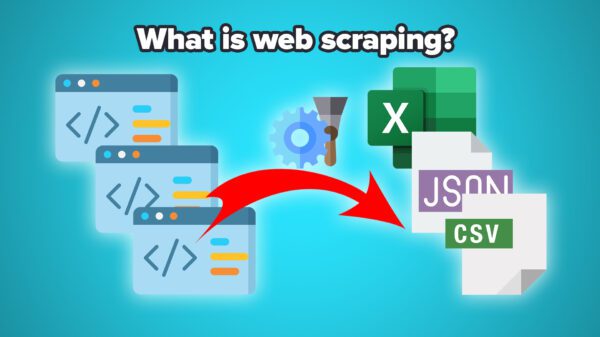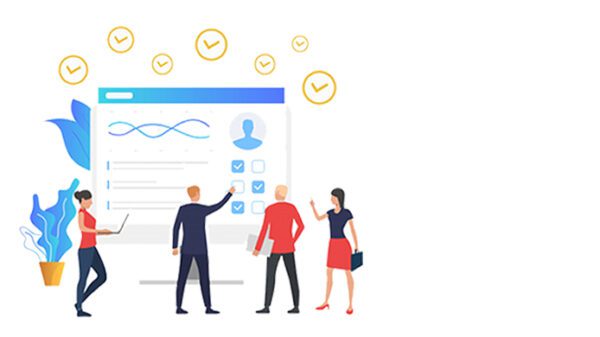Hiring employees is a major milestone for any growing business or organization. If your business has grown to the point of hiring staff to assist with the responsibilities, congratulations are in order. Before you begin hiring staff, there are certain things you must put in place to ensure you are creating a team of the right people.
This article contains the basic simplified steps involved in the process of hiring employees, including steps to take before and after.
Ensure Your Business is Registered
The IRS requires that you have your EIN (Employer Identification Number) before you can be qualified to hire employees. You can only get the EIN when you’ve registered your business with state and federal authorities. The EIN is like a Social Security number for businesses; it includes a unique nine-digit number for tax ID purposes.
Define the Role
Another step to take before hiring employees is deciding what kind of support you need. This is where you make a list of the tasks you need help with within an order of importance. Then, consider what responsibilities you expect the employee to take on later and how much you will pay them. The last thing is deciding the kind of skills and background you need the potential employee to possess.
Send Out Job Ads
Now, you’re ready to hire your employees; start by sending job advertisements stating details of the tasks and what the odds are similar to what you get in IPL betting odds. You can send out job ads through news outlets, on social media, and through friends and colleagues. You can also seek referrals from trusted people around you or do blind recruitment by hiding applicants’ records to prevent bias.
Start the Interviews
Once you’ve sent out the invites, people start to respond; you’ll get candidates, and interviewing them is the next step. If your business is large, you can set up an interview panel where each interviewer focuses on a specific area. You’ll need to know what questions to ask, peruse their work history, and ascertain how they’d interact with you and other staff. Then, figure out their approach to problem-solving by asking for specific examples, and also how they are under pressure.
Background Check
Once you’ve selected your preferred candidates, you may need to run a background check; this step is also known as pre-employment screening. A background check is important in helping to keep your business, employees, and customers secure. However, there are restrictions on background checks, so you may want to consult with a legal counsel for specific advice on background checks.
Reporting Newly-Employed Staff
You need to report the candidates you chose to perform your decided roles and responsibilities to your state employment agency. This step should be done after you hire the employees that fit the job description. We recommend checking your state’s requirements for more information.
Workers’ Compensation Insurance
The next step is to obtain workers’ compensation insurance for your employees; this will depend on your state. Most states require that employers obtain an insurance policy for employees that get ill or injured at the workplace. You want to review your state’s requirements for the policy that best suits your business.
Onboarding
After employing your staff, you will need to go through the onboarding process, which includes adding your employees to internal systems. The process also includes setting a reference guide, starting a shadow program, giving out your employee handbook, and training. The full onboarding process also involves filling out new hire paperwork and providing your staff with the necessary tools.
Set Up a Payment System
Next, you’ll need to choose a payroll method; you can do this yourself, through an accountant, or a professional payroll service. Many businesses go with payroll services because it saves them time and stress in dealing with payroll-related complications. Plus, payroll services also offer integration with your insurance provider, which makes things easier for you. Pay-rolling covers three parts: paying employees, paying payroll taxes, and filing tax forms.
Workplace Posters
The final step in the staff recruitment process is making posters and notices informing your employees of their rights. They also inform them of your responsibilities as the employer; they are provided free of charge. Depending on your business’s location, you may need to follow requirements in addition to the federal requirements earlier mentioned.
Conclusion
We’ve broken down the employee recruitment process as simple as possible, so hiring your first worker should be easy now. You’ll want to track your results so that you can hold your recruitment tools accountable. Result tracking is also important to ensure the investment that goes into hiring isn’t wasted. You’ll also want to ensure your employees aren’t working outside their job description to avoid stunted business growth. For employees who love to make predictions in their leisure time, you can recommend Parimatch for them because of the bonuses it offers.

















































You must be logged in to post a comment Login